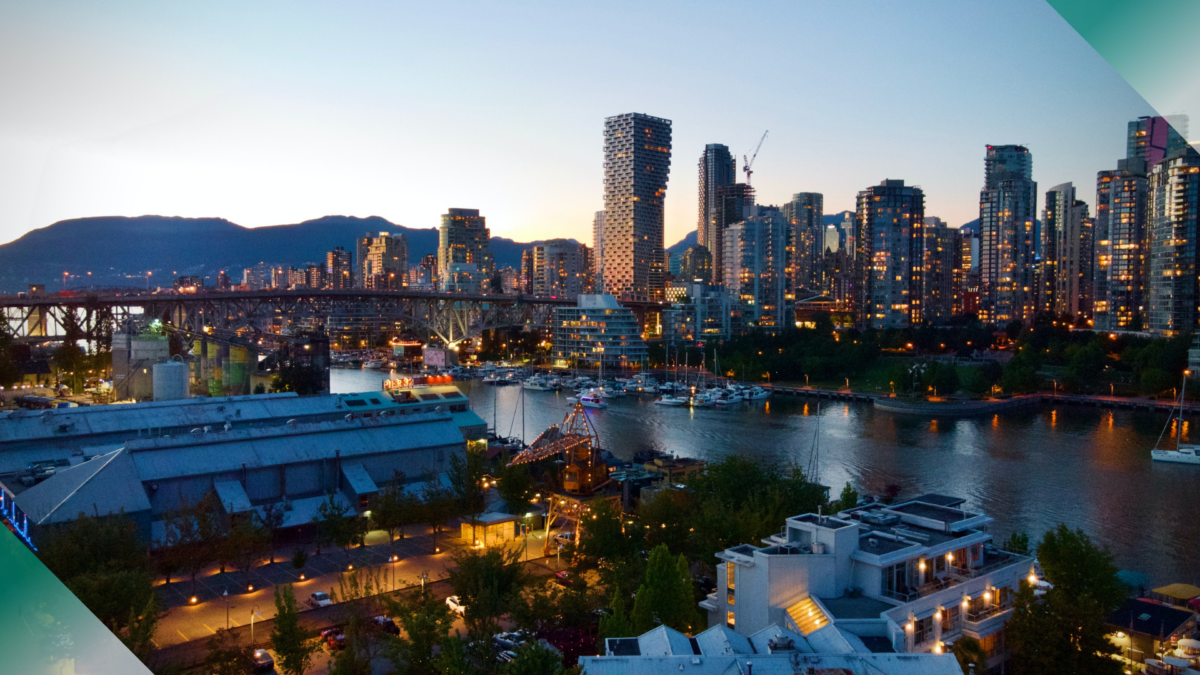Your all in one guide to inform you about Airbnb rules in Canada. We have gathered and compiled data for 5 major cities to help you plan. Home > Resources > Airbnb Regulations > Airbnb Rules in Canada: What You Need To Know Airbnb Regulations Airbnb Rules in Canada: What You Need To Know Your […]




